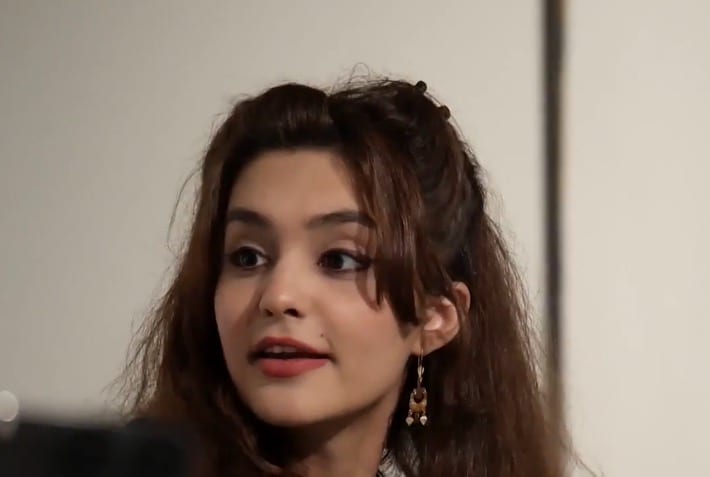After a series of postponements, 150 political figures gathered in Baghdad’s Babylon Hotel yesterday to attend the National Conference, referred to locally as the “Sunni gathering”.
The aims, according to Parliamentary Speaker Salim Al-Jabouri, are to reintegrate Iraq’s Sunni politicians into the existing political arena and reach a consensus on the form governance will take in former Daesh strongholds.
Some analysts view the conference as an attempt to mask schemes formulated by those already in power, keen to install establishment-friendly figures.
The conference has been coordinated and financed by individuals affiliated with Prime Minister Nouri Al-Maliki’s State of Law Coalition, who allege to be reviving the national reconciliation process.
Read: The map of a ‘new Iraq’
No incisive budgetary plans have been formulated to break down reconstruction costs, nor is it apparent how power will be divided across Iraq’s newly liberated north-west. Additionally, little has been said in press circles about the selection of those invited and the withdrawal of others.
Just hours into the conference, a cluster of tribal elders from Ramadi and Fallujah withdrew in protest against sweeping comments labelling their communities “Daeshis”, or Daesh sympathisers.
One official told MEMO that a list of figures, largely oppositional members, had been excluded.
“Those in attendance were cherry picked. You have the establishment-serving Islamic Party and almost every ex-Sahwa commander,” formerly known as Sunni insurgents who later helped US forces expel Al-Qaeda from the Sunni triangle between 2005 and 2008, he added, speaking on condition of anonymity.
Oppositional figures in Turkey and Amman will be excluded, while those in Erbil keen to adopt a UAE-Saudi line will be incorporated at a later stage. The aim of the game is to push the back players to the front stage
he said.
With a ceiling placed on political participation, the method of exclusion undermines unification calls made under the banner of the latest “National Conference”.
The installation of Sunni representatives is an important step in establishing the phase after Daesh, but it is critical that the ruling Shia alliance and the Sunnis they co-opt deliver on the issue of greatest importance to those whose liberation has cost them almost everything.

Thousands of supporters of Shia cleric Muqtada Al-Sadr stage a “silent” protest to demand the dissolution of Iraq’s High Electoral Commission at Tahrir Square in Baghdad, Iraq on 17 February 2017. [Murtadha Sudani/Anadolu Agency]
These sentiments are unsurprising, when situated against the backdrop of failed efforts by local parties and America to headhunt Sunni figures and coerce them to accept a political process America planted 14 years ago.
Without cities to return to, or courts to uphold justice, communities will be forced to protect themselves by any means necessary.
Liberating forces, from the Iraqi army, and militia outfits belonging to Iraq’s umbrella Hashd Al-Shaabi force, known as the Popular Mobilisation Forces, many believe, have been given a free hand by the central government and Iran, to kidnap, maim and murder civilian residents in liberated territories.
Trust between Shia parties and excluded Sunni politicians, and communities they claim to represent, will therefore rest on the willingness and ability of these actors to protect liberated towns from encroaching militias.
A shift in government priorities is much needed, particularly ahead of next year’s parliamentary elections.
The next greatest test is whether potential provincial in-fighting as a result of the vacuum created by Daesh’s defeat can be contained, and who will compete in the race to fill it.
The views expressed in this article belong to the author and do not necessarily reflect the editorial policy of Middle East Monitor.









